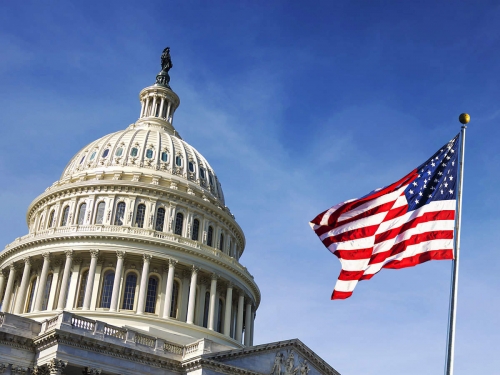U.S. says 'Quad' nations ready to work with others for free, open Indo-Pacific
Reuters
An informal grouping bringing together India, Australia, and Japan with the United States could be opened to other countries that support a “free and open Indo-Pacific region”, U.S. Deputy Secretary of State Stephen Beigun said on Monday.
“The Quad is a partnership-driven by shared interests, not binding obligations, and is not intended to be an exclusive grouping,” Beigun said in remarks prepared for delivery at an India-U.S. forum in Delhi, where he was beginning a three-day visit. “Any country that seeks a free and open Indo-Pacific and is willing to take steps to ensure that, should be welcome to work with us.”
The Quad partners could deepen engagement with the Association of Southeast Asian Nations (ASEAN) countries and cooperate in defending the freedom of the seas, he said.
China has denounced the Quad as an attempt to contain its development and urged the United States to drop its “Cold War mentality”.
China has denounced the Quad as an attempt to contain its development and urged the United States to drop its “Cold War mentality”.
Beigun is holding talks with Indian government leaders to lay the ground for an annual dialogue between the two countries’ top diplomats and defense leaders expected later this month.
U.S. Secretary of State Mike Pompeo and Defense Secretary Mark Esper will likely fly to Delhi for the “2 plus 2” dialogue with Indian Foreign Minister Subrahmanyam Jaishankar and Defence Minister Rajnath Singh, a government source in Delhi said.
U.S. calls for deeper engagement come at a time when India is locked in a military stand-off with China along their disputed Himalayan border. At least 20 Indian soldiers were killed in a clash in June and the two sides have since mobilized thousands of troops in close proximity, raising fears of a wider conflict over a region where they fought a brief but bloody war in 1962.
New Delhi, wary of further antagonizing China, has been careful to avoid being drawn into U.S.-led alliances. But Beigun said the United States had no plans to impinge on India’s strategic autonomy but to forge a relationship based on shared interests.
“We do not seek to change India’s traditions. Rather we want to explore how to empower them and India’s ability to defend its own sovereignty and democracy and to advance Indian interests, across the Indo-Pacific region,” he said.
The United States has over the past decade or two emerged as one of India’s top arms suppliers, replacing Russia.
Beigun is holding talks with Indian government leaders to lay the ground for an annual dialogue between the two countries’ top diplomats and defence leaders expected later this month.
U.S. Secretary of State Mike Pompeo and Defense Secretary Mark Esper will likely fly to Delhi for the “2 plus 2” dialogue with Indian Foreign Minister Subrahmanyam Jaishankar and Defence Minister Rajnath Singh, a government source in Delhi said.
Related Posts

